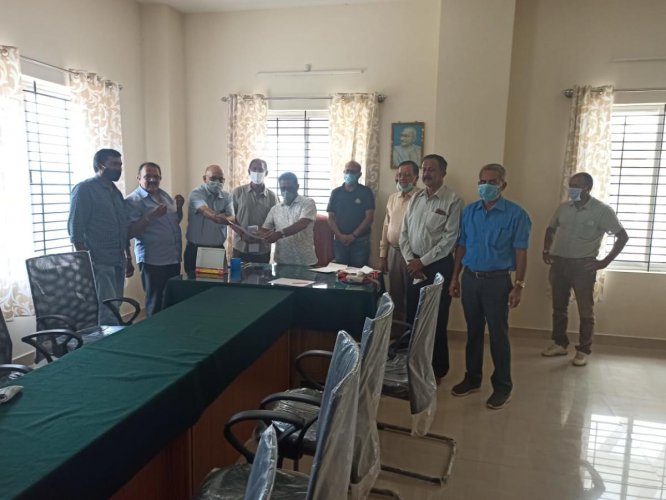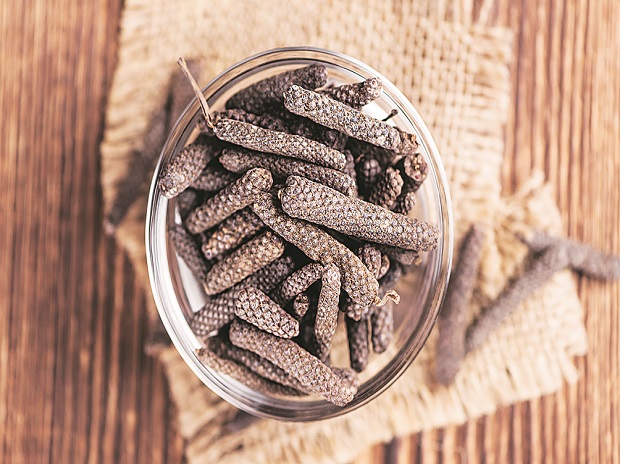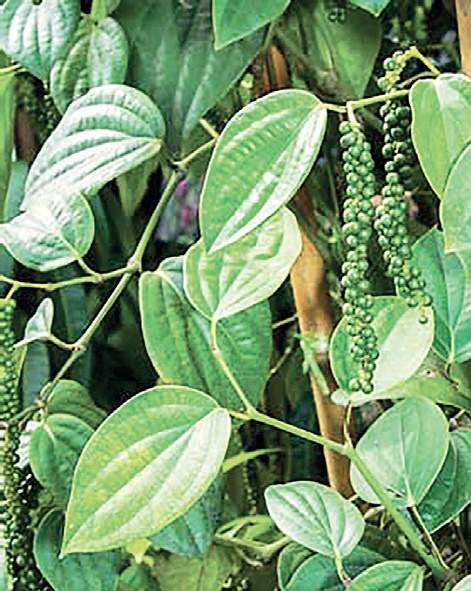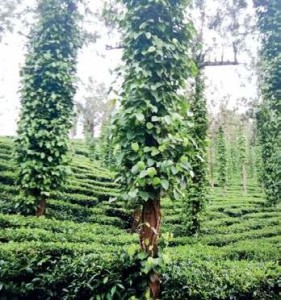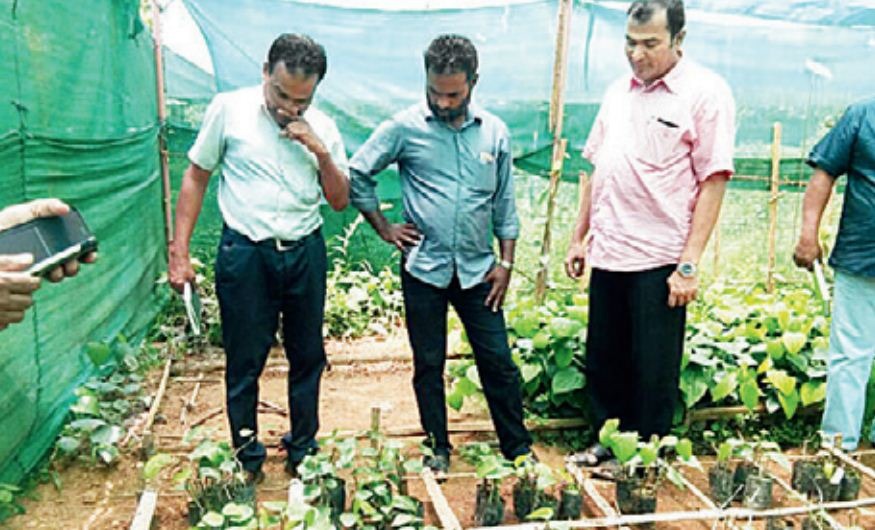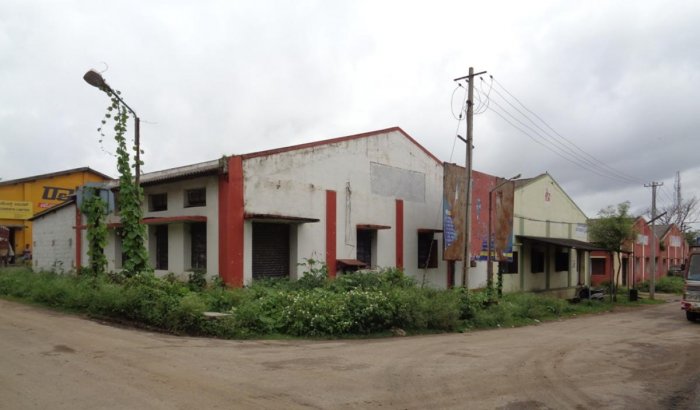
The industrial area in Kudloor. The first and the only KIADB industrial area in Kudloor in Kushalnagar is facing a lack of basic facilities. The layout is devoid of facilities and people are eagerly waiting for its upliftment.
Owing to the efforts of then chief minister Gundurao, the industrial area had come up at Kudloor in 1984.
There are more than 60 industrial units related to coffee, pepper and others that have come up in the industrial area. About 40% of them are related to coffee and its processing. Some of the food industries including ice cream, hollow bricks, iron and other industries are functioning. The annual turn out from coffee-related industries is Rs 4,000 crore, said Kudloor Kaigarikodyamigala Sangha president A N Praveen.
The industrial area has been completely neglected over the years. Owing to the pressure from the industrialists, pothole-ridden roads have been developed in the area.
According to KIADB officials, the government had sanctioned Rs 10 crore for the development of the industrial area. All the roads leading to various industrial layouts in the vicinity have been developed. The basic facilities will be improved in a phased manner.
Though 250 acres of land was acquired for industrial area, the khata of only 100 acres has been handed over. The remaining 150 acres has no khata. It is not even registered in the name of KIADB. As a result, several industrialists are denied facilities from the government, said, industrialists.
The industrial area has a lack of streetlights. As a result, people are scared to move around at night. Even drains are not constructed by the side of the road. Weeds have grown on either side of the roads.
There is an allegation that only coffee-related industries are set up in the industrial area. As a result, the employment generation is restricted and youth have been migrating to cities in search of greener pastures, said local residents.
There is even a lack of security in the industrial area. Theft cases too have been reported in the nights.
Department of Handlooms and Textiles assistant director Guruswamy said the department had submitted a proposal on setting up a mini power loom park at the industrial area in Kudloor. The deputy commissioner has given approval for the same.
Beeralingeshwara power loom will be set up in the future which will provide employment to women and men, he added.
Industries centre joint director Shankaranarayana said that a meeting to discuss the problems faced at the industrial area will be convened shortly at Koodumangalore Gram Panchayat hall. The officials from KIADB and others will attend the meeting.
Meanwhile, MP Pratap Simha has submitted a proposal to set up an ESI Hospital in Kodagu. Even land has also been identified for the hospital at Kudloor.
However, the process for the setting up of the hospital has not been initiated so far.
Vanijyodyamigala Sangha, Kodagu, president M B Devaiah said, “We have appealed to Union Minister Rajeev Chandrashekar to help in the generation of employment in the district.
source: http://www.deccanherald.com / Deccan Herald / Home> State> Mangaluru / b y DHNS, Kushalnagar / September 30th, 2021
